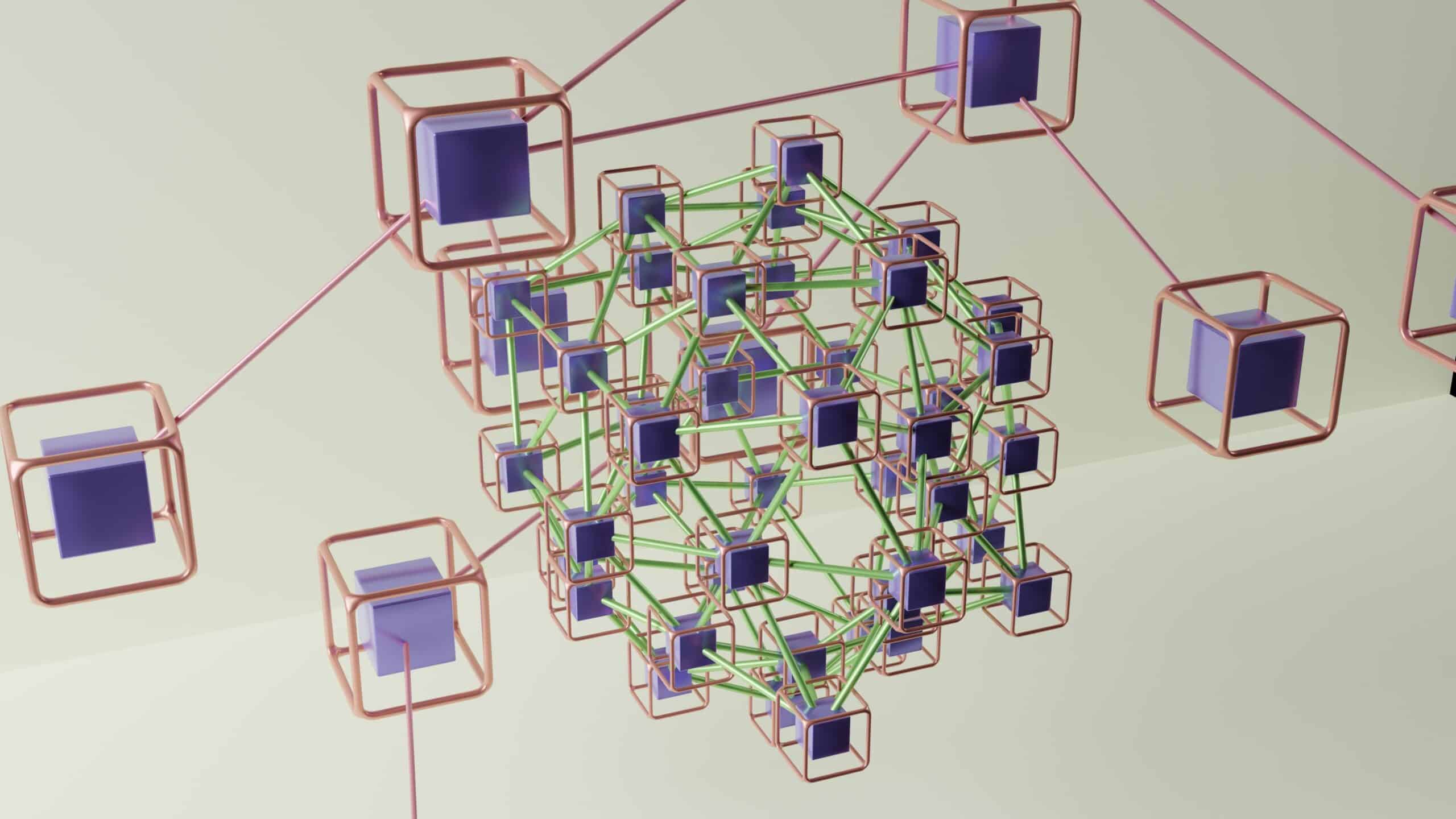Ethereum scaling solution Polygon unveiled a series of proposed changes to its existing governance system as part of its transition to ‘Polygon 2.0.’ The new version of the protocol was introduced last month, with developers saying the planned upgrades would reimagine every aspect of Polygon, from architecture to governance.
In a blog post on Wednesday, Polygon’s developers outlined a forward-looking framework as part of the 2.0 roadmap, defining three governance pillars pertaining to the main aspects of the Polygon ecosystem.
The first pillar pertains to protocol governance and will extend the Polygon Improvement Proposal (PIP) framework beyond the Proof-of-Stake chain to all blockchains built on Polygon infrastructure.
This expansion of PIP is expected to give the community a formal way to research and propose upgrades, leading the way for them to potentially be implemented in the protocol itself.
The second pillar concerns system smart contract governance, which will govern how protocol upgrades are implemented as smart contracts. Developers proposed the introduction of an “Ecosystem Council” run by the community to oversee these upgrades through a veto and election process.
“A migration to the initial Ecosystem Council will be proposed as a PIP soon, one with significant consensus requirements and a reputable set of members to represent the ecosystem in this initial phase,” said the Polygon developers.
The third, and final, governance pillar calls for establishing a community treasury which will function as a self-sustainable ecosystem fund. The funding would be used for both public goods and ecosystem-focused initiatives.
The treasury would be enacted in two phases, with the first involving the initial setup of the board and appropriate transparency measures, and the second introducing explicit community decision-making through methods like quadratic decision making and self-sovereign identities to guarantee Sybil resistance.
Polygon also plans to revamp its native token MATIC with a series of technical upgrades and a rebranded identity “POL.” In a whitepaper published last week, Polygon’s founders laid out plans for POL as a “hyperproductive token” that enables validators to earn rewards on multiple chains.



